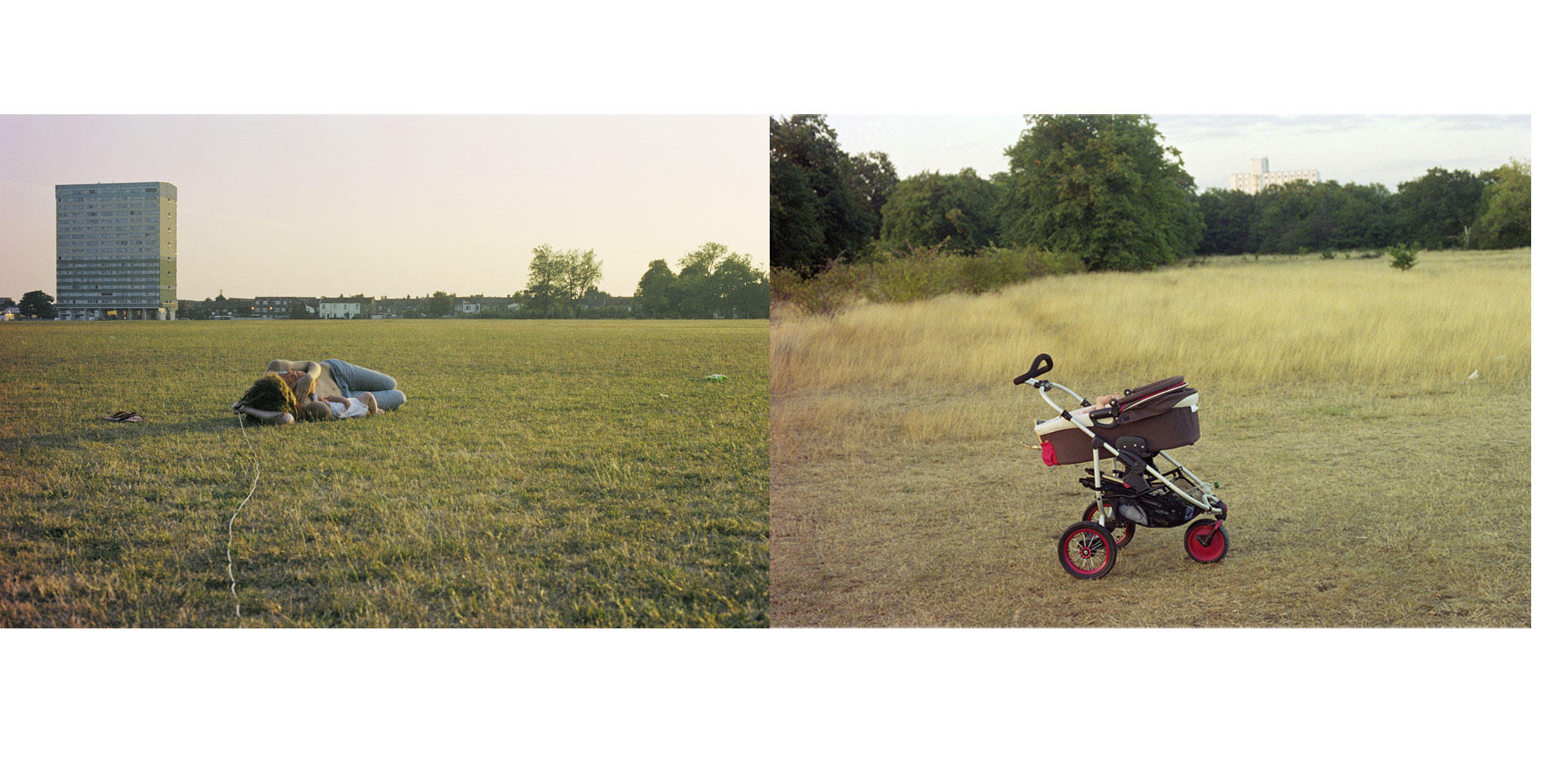What cultural democracy means to me: Rose Gibbs.

"The art world has never been such a powerful force in the UK as it is now, but the question is, is it a force for good? In spite of this apparent abundance of artistic self-expression, the rise of nationalism and the right reveals that many people are feeling disenfranchised and voiceless. These are battles about culture and cultural identity. If culture is part of what is at stake then surely cultural policy has a role to play in countering the divisiveness of the narratives that underpin these groups? So the question is what can culture do?
In times of austerity cuts to the arts are the first to come. As things stand politicians don’t care about culture because their constituents don’t care about culture. And why should they? They don’t care about it because they don’t have a stake in it - it’s not their culture, its the culture of the elite. We need to make culture matter, not just to a small group of highly invested individuals but to everyone.
We need to hold cultural policies to account. Currently art spaces make claims to work with their local communities, but they are not the product of those communities. They are effectively using those communities to secure arts council funding. In this scenario artists are paid for a transitory engagement with those communities, producing what the elite thinks culture looks like, and in turn ameliorating any real responsibility to fund the culture of those they claim to serve.
Real cultural democracy would hold such practices to account, push artists and art spaces to interrogate their work, demand self-reflection and critical analysis and thus strengthen the integrity of the discourse and practice within the art sphere. Real cultural democracy would recognise that culture is being produced all the time and encompasses a whole panoply of human endeavours and it is these that we will need to support from the grass roots up, if we really want culture to count for anything. It is in this way that culture could start to be taken seriously as a form of inclusion, as a means to empower and give expression to the marginalised.
As an artist I want to work in an environment with ethics and integrity. I want to work in an environment where people are honest about what they are doing and who is served by their practices. I want to work in an environment where people can be clear about where they fall short and in which ways and on what terms they succeed. I am tired of the grandiose claims of artists and art spaces and want the art sphere to be honest and humble about its limitations, to see beyond its own bubble, to recognise that no amount of political messages will politicise elite art institutions. I want arts council funding to reflect the fact that nurturing and supporting creative self-expression from the grass-roots up is just about the most powerful political action possible."
Rose Gibbs.